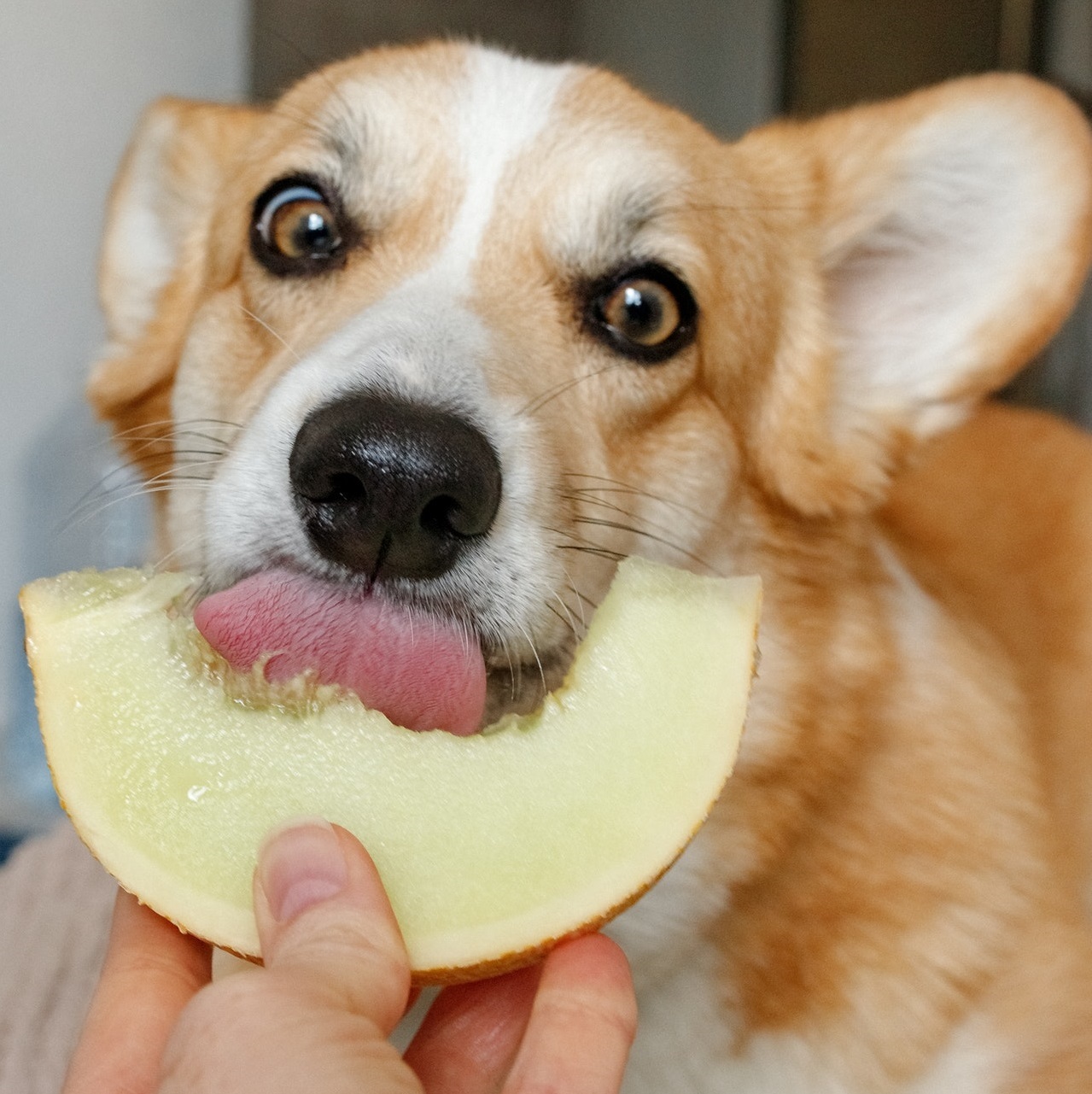Can Chickens Enjoy Cantaloupe? A Deep Dive Into Poultry Nutrition
When it comes to feeding our backyard chickens, we often find ourselves questioning what is safe and healthy for them to consume. One fruit that frequently comes up in conversation is cantaloupe. Can chickens have cantaloupe? The answer is yes, but there are some important considerations to keep in mind. Understanding the nutritional needs of chickens and how different foods can impact their health is essential for any poultry owner. In this article, we will explore the benefits and potential risks of feeding cantaloupe to chickens, as well as other fruits and vegetables that can be incorporated into their diet.
Chickens are omnivores, which means they can eat a variety of foods, including fruits, vegetables, grains, and protein sources. Cantaloupe, with its high water content and sweet flavor, can be an appealing treat for your feathered friends. However, as with any food, moderation is key. Overfeeding any type of treat, including cantaloupe, can lead to health issues such as obesity or digestive problems.
In the following sections, we will address some common questions about cantaloupe and chicken diets, ensuring you have all the information you need to make informed decisions about your flock's feeding practices. Let's dive into whether can chickens have cantaloupe and how to safely introduce this delicious fruit into their diet.
Can Chickens Eat Cantaloupe Seeds?
Cantaloupe seeds are often a concern for chicken keepers. While chickens can eat the flesh of the cantaloupe without any issue, the seeds can be a different story. It's generally safe for chickens to eat cantaloupe seeds in moderation, but some experts recommend removing the seeds to prevent any potential choking hazards or digestive issues. If you choose to feed your chickens cantaloupe, consider cutting it into small pieces and removing the seeds beforehand.
What Nutritional Benefits Does Cantaloupe Provide for Chickens?
Cantaloupe is not just a tasty treat; it's also packed with nutrients that can benefit your chickens. Here are some key nutritional benefits of cantaloupe:
- High Water Content: Cantaloupe is about 90% water, making it an excellent source of hydration for your chickens, especially during hot weather.
- Vitamins and Minerals: Cantaloupe is rich in vitamins A and C, which are important for maintaining healthy skin, feathers, and immune function.
- Low in Calories: Feeding cantaloupe as an occasional treat won't significantly impact your chickens' caloric intake.
Are There Any Risks Associated with Feeding Cantaloupe to Chickens?
While cantaloupe can be a safe and nutritious addition to your chickens' diet, there are some risks to consider:
- Overfeeding: Too much cantaloupe can lead to diarrhea or digestive upset. Always introduce new foods gradually and ensure they are fed in moderation.
- Unripened Fruit: Avoid feeding unripe cantaloupe to your chickens, as it may be difficult for them to digest.
How Should You Prepare Cantaloupe for Chickens?
When preparing cantaloupe for your chickens, follow these simple steps to ensure they can enjoy it safely:
What Other Fruits Can Chickens Eat?
Chickens can enjoy a variety of fruits besides cantaloupe. Here are some safe options to consider:
- Watermelon
- Blueberries
- Strawberries
- Apples (remove seeds)
- Pears (remove seeds)
Can Chickens Have Cantaloupe Every Day?
While cantaloupe is a healthy treat, it should not be a daily staple in your chickens' diet. Treats should only make up about 10% of their overall food intake. It's important to maintain a balanced diet primarily consisting of quality chicken feed, grains, and greens. Moderation is key to ensuring your chickens stay healthy and happy.
Conclusion: A Delicious Treat for Your Chickens
In conclusion, can chickens have cantaloupe? Yes, they can! Cantaloupe can be a nutritious and hydrating treat for your flock when fed in moderation. Just be sure to prepare it properly and consider the risks associated with overfeeding. By incorporating cantaloupe and other safe fruits into your chickens' diet, you can provide them with a varied and enjoyable eating experience. Remember to always prioritize a balanced diet to keep your chickens healthy and thriving.
Also Read
Article Recommendations



ncG1vNJzZmivp6x7tMHRr6CvmZynsrS71KuanqtemLyue9Cupq2do6OyuL%2BQbmacmZ5isKm1wqScp2WYlsOmecKapa2ZnKTCsbGNoaumpA%3D%3D
